Easter Vigil Homily of Archbishop Dermot Farrell
Preached at Easter Vigil in Saint Mary’s Pro-Cathedral
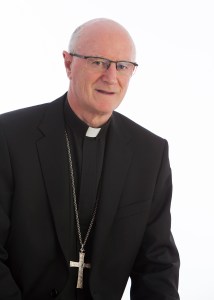
Below is the Easter Vigil homily of Archbishop Dermot Farrel, Archbishop of Dublin. This homily was preached at the Easter Vigil yesterday evening in Saint Mary’s Pro-Cathedral.
For many, our celebration of Easter this year comes at the end of what seems to have been a very long Lent, many months and still counting. We have been convulsed by the sadness of innumerable deaths and so much sickness as a result of Covid-19. And we all have been starved of so many of those aspects of our lives that make them worth living: face-to-face conversations, sitting down with friends … you know of what I speak.
It is perhaps Holy Saturday, rather than Lent, which best expresses in terms of our faith the nature of where we are as a country and a people. For the past 24 hours, the Church has marked the space between Calvary and Easter with a great silence and an emptiness symbolized by the stripping of the altars and the absence of Eucharistic celebrations. There is a sense of darkness, that numbness that follows the death of someone close, a mystery.
As we are brought from the somber exchanges and gestures of Good Friday to the light and song of Easter Sunday, we remember the most radical act of solidarity of the Word made flesh. The Lord of life entered into the experience of total abandonment, penetrating to the very depths of hell. Like the Israelites in the Exodus reading, Christ is brought from the place of slavery and death, through the desert—for him the desert of the cross—to the promise of his Father. Christians know the one experiencing total abandonment, was not just a man, but was God himself. So, God knows what it is like to be afraid in an ICU unit.
The day draws to a close—Holy Saturday—is the feast day of those who experience loss and hopelessness. Its spirituality is the spirituality of silence and of waiting: we need this saving silence, we wait for new light to overcome darkness. It is in the silence we hear the beating of God’s heart, there we can hear the voice, and sense the presence of the One who leads us out of darkness. Tonight, at this Vigil, we celebrate the light of the risen Christ that begins to breakthrough.
It was not that the Kingdom had disappeared, it is more that life’s contradictions and crosses make it difficult to perceive. Looking with the eyes of faith, there are many moments through which the Kingdom of God, inaugurates life, and the death and Resurrection of Jesus, is made visible to us: the tender care of those looking after the sick; the dedication of those developing, securing and administering vaccines; the commitment of those who keep essential services going; in the solidarity of neighbors and community groups; and in the untiring efforts of the public authorities to protect and support the most vulnerable, signs of the love that triumphed over the darkness of the tomb. We see ourselves as a community sharing hope out of which we live. To be a Christian is to be manifestly and always a person of hope. The wounded and risen Christ gives us comfort and hope, standing in our midst and showing that death and the litany of difficulties and sufferings associated with the past year do not have the final word.
In tonight’s Gospel passage, the women went to the tomb, out of faithfulness to their crucified friend and master. While death did not have the final word for them, it did take their Lord away. Yet what they discovered at the tomb was beyond their comprehension: “There is no need for alarm…He has been raised, he is not here” (Mark 16:6). Christ was not where he had been placed. He had been raised, and … “he is going before you to Galilee.” As one scholar put it, “Christ is on the loose.” This is a word of hope. It is addressed not only to the women at the tomb but also to us, today. We are asked to return to our Galilees, to the places we are at home, to reflect afresh the significance of all Jesus said and did, in the light of his having been raised by God. Because Christ has gone before us in life and in death, he gives us a new vision and brings us hope and the courage to carry on despite the pain and uncertainty sown in these difficult days, and at all times.
We are of course impatient to be liberated from the restrictions which we find so difficult. Our celebration of the joy of Easter in the context of the pandemic is tempered by the need to wait still longer for the day when we can embrace our loved ones again. As Christians, we know that being faithful disciples requires us to put flesh on the self-giving of Jesus, particularly His solidarity with the weak and the vulnerable. As a community of faith, our sadness and our grief at not being able to come together to share the Eucharist, are also a communion with the sadness and grief of Christ.
When we listen deeply to Saint Paul on Holy Thursday, “the blessing up” is not only “communion with the blood of Christ” (see 1Cor 10:16),
but the sweat and tears of our love are also a communion with sweat, tears, and blood of Christ.
As our faith has deepened over this past year, we have come to the realization that, while the Eucharist is the summit and source of the life of faith, it is not the totality of the life of faith. The Bread of Life is not limited to the Eucharist, but the Lord nourishes his people in his word (see Dei Verbum §21), and in the ever-present Spirit who rises up within us as we pray, and when give of ourselves in love (see Rom 8:26).
As a Church, we have no wish to compound the public health crisis by encouraging gatherings that are unsafe, or which result in dangerous levels of movement across communities. As citizens, we assert that the right to public worship must be respected and not restricted for any longer than is absolutely necessary. As the efforts of our people and their patience in the face of onerous restrictions produce reduced rates of infection, and as vaccination levels rise to increase the level of protection achieved, we expect that the public authorities will apply a human rights framework in setting priorities for the resumption of basic human activity. There is a compelling case on legal and moral grounds for the resumption of public worship to have a high priority as we plan the reopening of society.
This year our celebration of Easter is made all the more striking by the fact that in our day-to-day lives, the spirit of Holy Saturday with its waiting and longing, still continues. But is this not the way of all life, with one mystery hidden in, and carried by another? As we renew our baptismal promises, we pray for the strength and courage to remain as faithful witnesses to bring hope and healing in a world fragmented by a pandemic, conflict, poverty, ecological degradation, and entire populations destroyed by wars. In this time of hope and faith, together we echo the words of the Psalmist, singing, “This day was made by the Lord; we rejoice and are glad” (Ps 118: 24).
I wish all of you a glorious and blessed Easter. Find new faith and hope in this day of supreme hope: faith in Christ and hope in eternal life.
Related
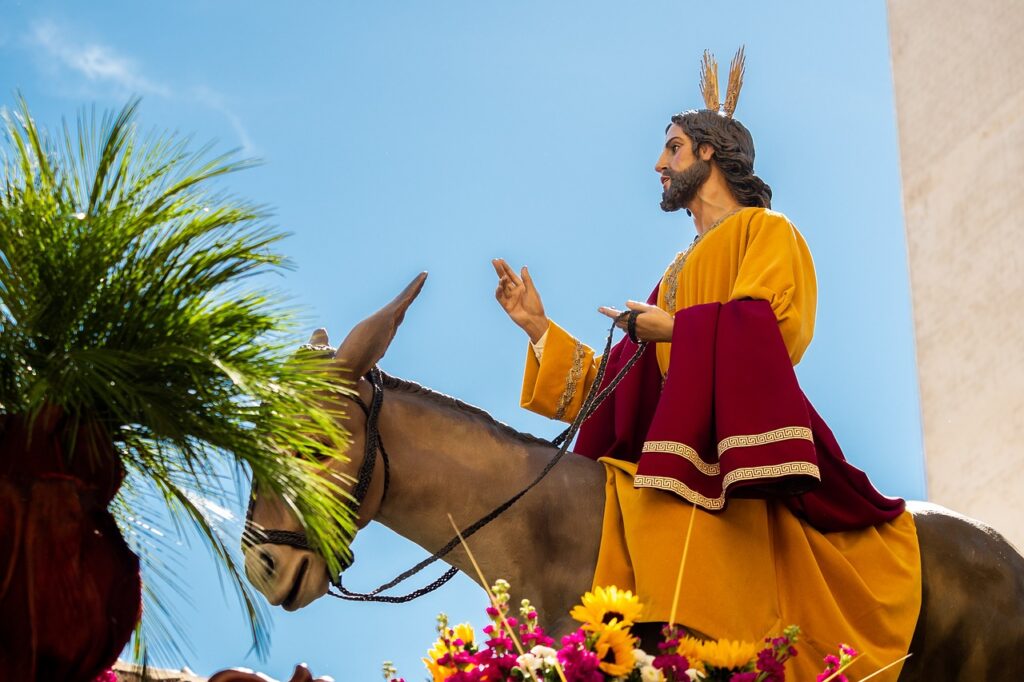
Reflection by Bishop Enrique Díaz: On a Donkey
Enrique Díaz
13 April, 2025
5 min
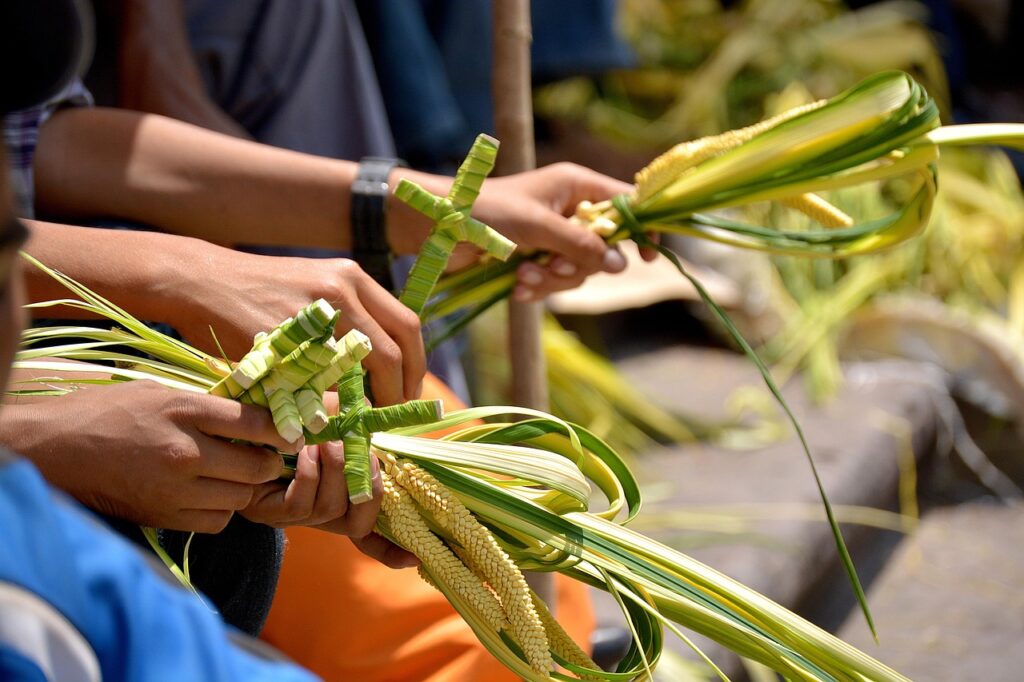
I have ardently desired to eat this Passover with you: Fr. Jorge Miró
Jorge Miró
12 April, 2025
2 min
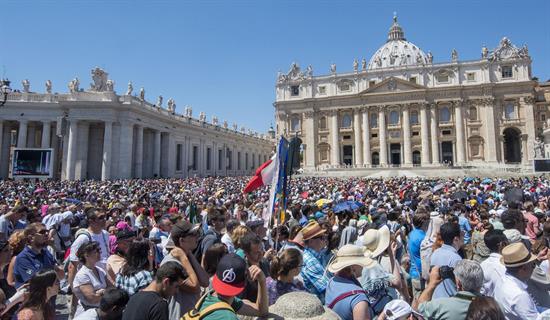
Pope Francis Sends a Message of Hope to the Young People of the UNIV 2025 International Congress
Exaudi Staff
11 April, 2025
5 min
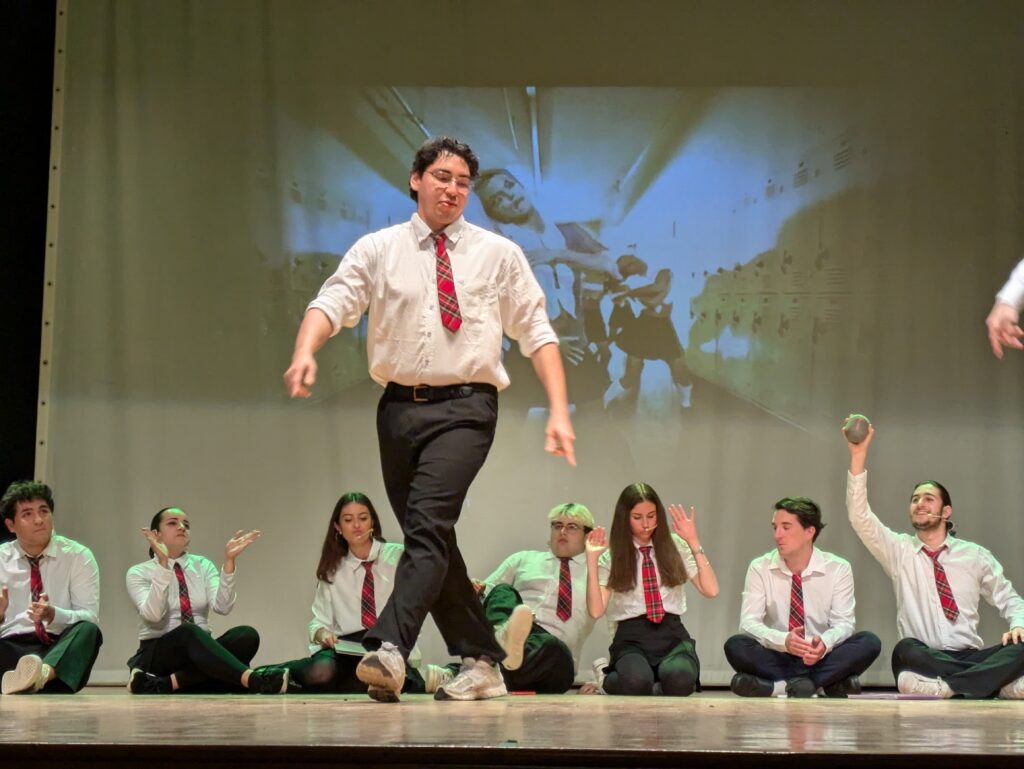
“Highway to Heaven” Arrives in Rome: Carlo Acutis’ Musical Evangelizes with Art and Heart
Exaudi Staff
09 April, 2025
2 min
 (EN)
(EN)
 (ES)
(ES)
 (IT)
(IT)

